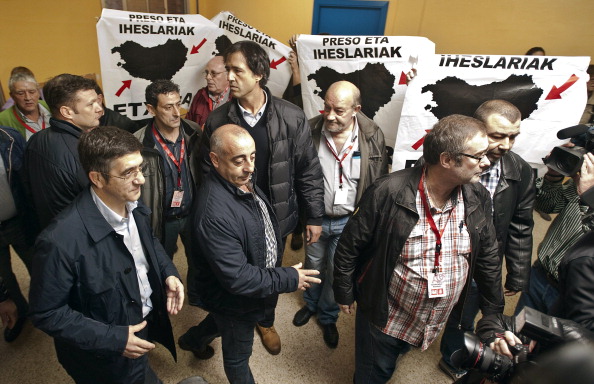
Reassessing Electoral Systems in the Basque Country
In 2012, the Basque country held parliamentary elections; as a result, the emerging Bildu coalition grasped a surprising amount of seats. This separatist party follows a political platform of Ezker Abertzalea, or “patriotic left.” This platform has also been implemented by members of Euskadi Ta Askatasuna (ETA) during their armed campaign movement in the region. While the more conservative Basque National Party held on to a plurality within the parliament, Bildu’s rise came as a surprise to many political strategists. This article does not seek to compare and contrast party ideology within the Basque country; rather, I aim to look at how the electoral system within the Basque country itself has influenced party identification.
Basque parliamentary elections implement a closed list with proportional representation. Essentially, potential candidates are short-listed by each party, which is not open for public choice. The voters base their decisions purely along party ideology, and are unable to decide the list of candidates themselves. The percentage of votes a party gets determines how many seats will become available to them in parliament.[1] Seats are allocated using the D’Hondt mathematical method, which is also seen in Northern Ireland. I will explore how the closed list has effected party dynamics in the Basque country, as well as exploring how open list, the Sainte-Lague system, first-past-the-post (FPTP), and rank-based voting such as single-transferable vote (STV) would change that dynamic.
(more…)

